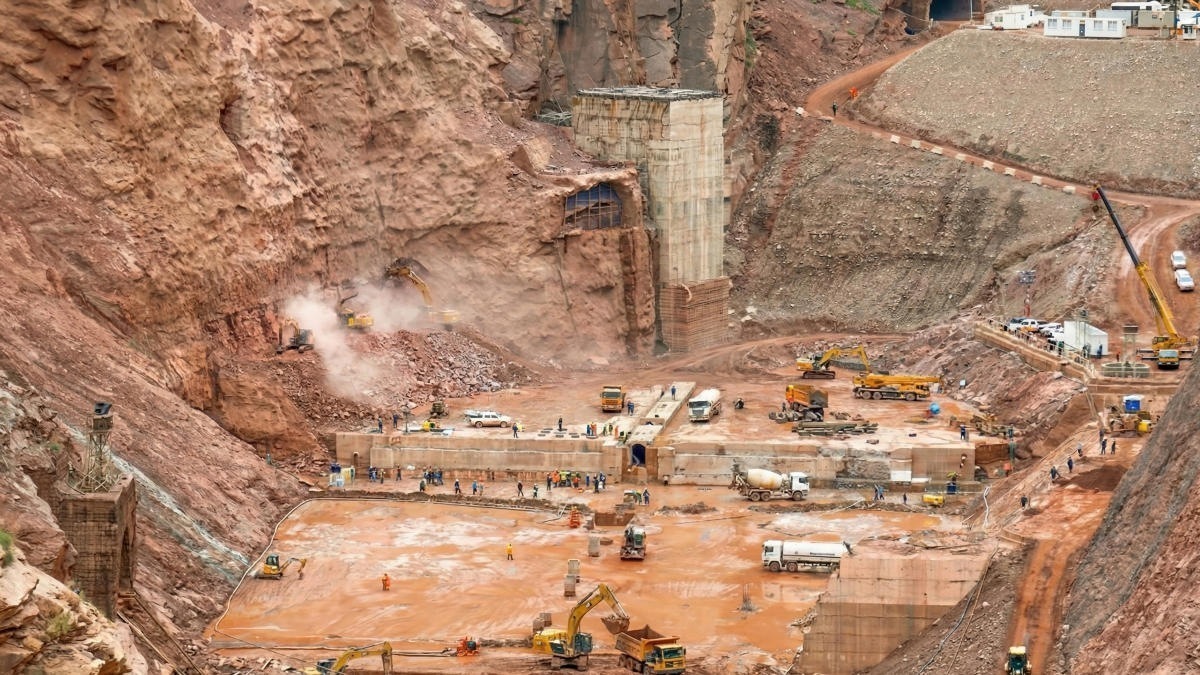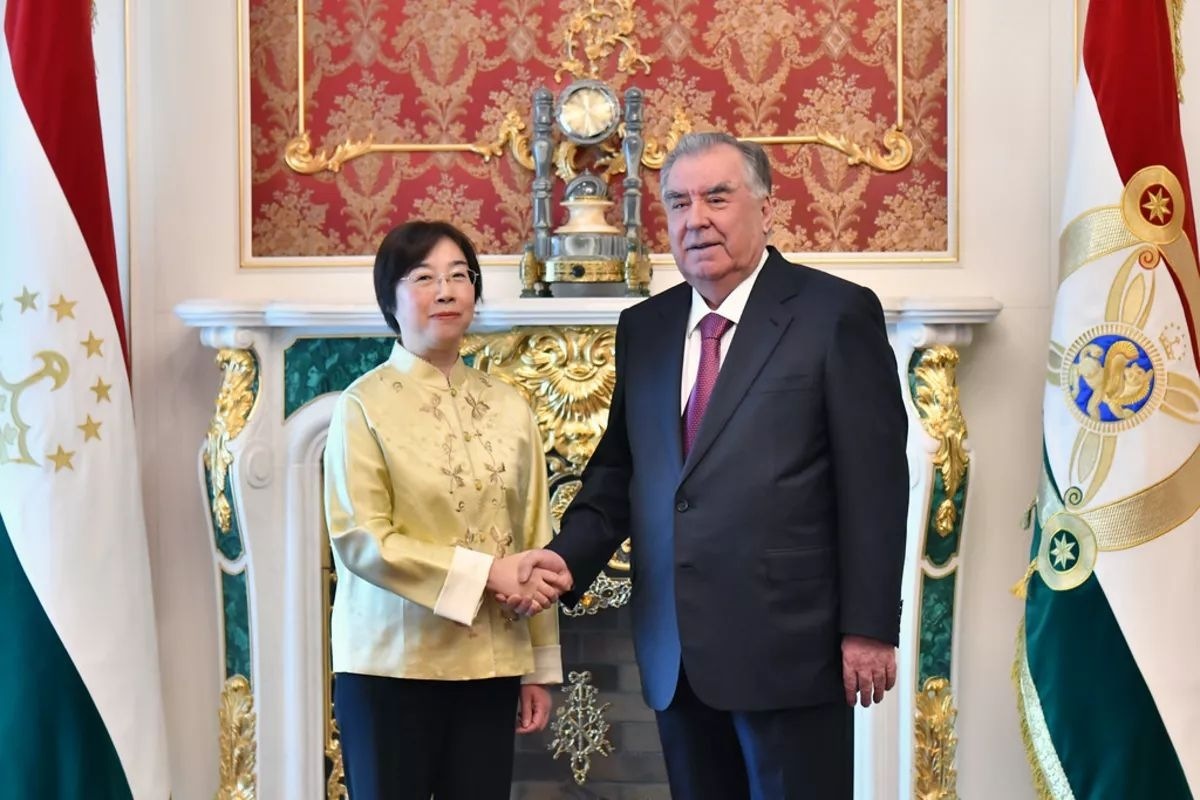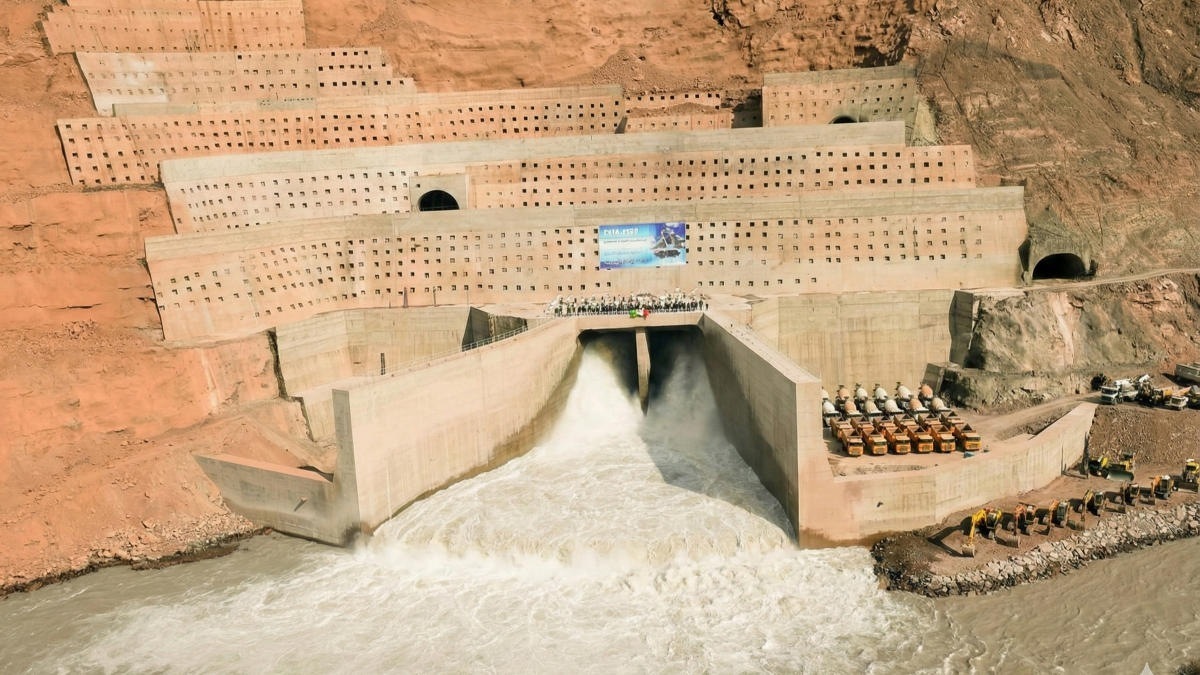Last month, the Asian Infrastructure Investment Bank (AIIB) held its ninth annual meeting in Samarkand, Uzbekistan. For the bank, this was an opportunity to boast about its efficient timelines, its ambitious plans to build the “infrastructure for tomorrow,” and its more innovative approach compared to its peers.

However, stories from communities across Asia and beyond show that the AIIB, in its eight years of operation, has been replicating many of the mistakes of the oldest development banks, and failed to learn from these experiences.
Time to Listen to Affected People
This is a critical time for the AIIB to take stock and reflect on its track record, as the bank is currently reviewing its Project-affected People’s Mechanism (PPM). In 2018, the bank set up this accountability mechanism to provide an avenue where affected communities could flag negative impacts and seek justice. However, so far the PPM has not addressed a single complaint about the 286 projects that the bank is funding across the globe. And, unfortunately, this does not mean that the AIIB has flawless operations.
In Indonesia, the Mandalika project violently relocated the Sasak Indigenous Peoples to build a racing circuit, construct hotels, and attract tourism to Lombok Island. Security forces threatened Indigenous communities and drove them out of their lands, without sufficient compensation and violating their right to free, prior and informed consent.
In southern Bangladesh, the community impacted by the Bhola Gas Power Plant filed a complaint with the AIIB, raising concerns about the loss of land and livelihoods, serious environmental damage, and lack of meaningful consultation and information disclosure. The PPM, however, rejected their complaint, claiming there had not been good faith engagement. In doing so, the AIIB missed a key opportunity to look at the project shortcomings and provide redress.
These are just some examples showing how the AIIB has often failed to assess and mitigate project risks, leading to serious harm for people and the planet. And those harmed have not had an opportunity to seek justice. The PPM is widely considered as inaccessible and unreliable, because it has strict eligibility requirements that limits its mandate. Too often, the PPM serves to help the bank evade accountability.
The new PPM policy should introduce radical changes to genuinely serve the project-affected peoples. For instance, the AIIB should improve the level of transparency about its projects, remove some unnecessary requirements limiting the PPM mandate, and proactively ensure that communities can raise their voices without facing threats or attacks.
Paying Attention to Civic Space
As the bank continues to expand in the Global South, it is also crucial to improve engagement with local communities and civil society. The bank’s lean structure should not come at the expenses of people’s rights and accountability.
According to the AIIB’s policies, people should be well informed about the projects and should be able to safely ask questions, raise concerns, and advocate for their rights. Participation should not be a box ticking exercise, but rather an essential component of each project: If the voices of those most directly affected are ignored, development projects risk being harmful and ineffective.
However, when investing in countries where civic space is extremely restricted, the AIIB is failing to take adequate measures to ensure people can safely speak out. In Tajikistan, for example, the AIIB is looking to finance the Rogun Dam, together with other development banks. This mega-dam risks displacing more than 50,000 people while having heavy environmental, social, and economic impacts. However, the concerns of thousands of affected people remain unheard, as the repressive regime in Tajikistan is silencing any form of dissent. Moreover, given the limitation of the PPMs and the fear of reprisals, affected communities will not have an opportunity to seek accountability.
Poor CSO Engagement
The AIIB also hosts its annual meetings in countries where there are serious civic space restrictions, posing significant security risks for local and international organizations who want to engage. This year’s meeting was held in Uzbekistan, where there are widespread human rights violations and where closed civic space poses serious obstacles or prevents communities, defenders, and civil society organizations (CSOs) from openly raising concerns. As the next annual meeting will be held in Beijing, there are serious doubts about the opportunities for safe and meaningful engagement.
For the past nine years, civil society has been trying to actively engage with the bank, by participating in policy reviews, monitoring AIIB projects, and raising the alarm about their impacts. However, CSOs continue to be left on the sidelines. During the bank’s annual meetings, there is no opportunity to organize CSO-led sessions and to meaningfully participate. Also some crucial policy reviews, such as the one on the Gender Action Plan, exclude CSOs.
For this reason, this year the network NGO Forum on ADB – one of the most important civil society actors that monitors AIIB projects – decided to boycott the annual meeting, expressing its frustration with how the bank refuses to meaningfully engage CSOs and hear communities’ demands.
The AIIB should pay attention to these urgent calls from civil society. As it ushers in a decade of its operations, the bank should look back to its past, learn from its mistakes, and commit to remedy the harm caused. If not, the bank risks losing trust among its clients, members, and – more importantly – impacted communities that should be benefiting from its projects.






Leave a Reply